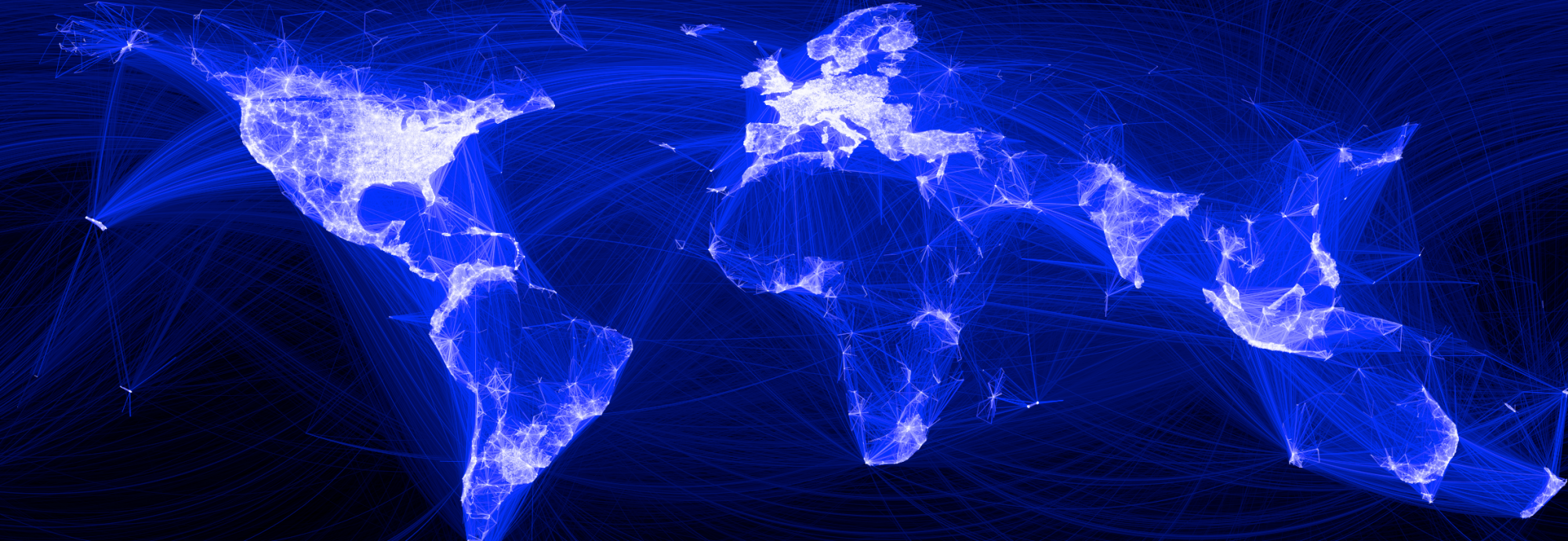The Internet has made space for lots of people to express themselves in ways that would have previously been impossible. This can be construed as positive and negative; positively, those who belong to marginalized groups can find communities online that don’t exist for them offline, while on the negative side, anonymity can allow for individuals to engage in behaviour that, were it attached to their name, they would face social censure for. This post is in response to a post arguing that we need censorship in order to make the Internet a safer place for everyone, and that we should prefer safety over rights. I agree that we should be concerned about the effects of Internet anonymity on vulnerable people, but I strongly disagree that this justifies censorship.
Holly says that “I think that everyone should be able to say what they want… as long as they are not harming another person.” However, as is the typical response to this ‘harm principle’ approach, what do we mean by harming others? And who gets to decide? I think that there are plenty of good reasons to shy away from allowing the government to censor the Internet, even with the noble goal of protecting youth. It sounds obvious but is often true that governments censor the Internet with the expressed goal of “protecting citizens” when the actual goal is preserving the government. Free speech is as valuable online as it is offline, and in Canadian society we have very few if any restrictions on the kinds of speech that are allowed. The government doesn’t actually ban speech that is harmful to people, only speech that specifically incites hatred, and we are still very cautious about doing so.
Furthermore, I think that the anonymity and freedom that the Internet provides does more good in creating ‘safe’ spaces than harm. There are plenty of moderated and semi-private ‘spaces’ online where people can get together and create new kinds of community. In this way, people have been able to shield themselves from the potential consequences of revealing some part of themselves (for example, their sexual orientation or sexual preferences) to their family, friends and neighbours, while still being able to express and develop their identities. The idea of legitimizing censorship of online speech threatens people’s ability to freely express even stigmatized aspects of their interests or identity. Just because the government or a majority of society would seek to suppress certain ideas or practices does not mean that they be allowed to do so, which is why certain forms of expression are protected by rights in the first place.
So, how do we protect people? We need to equip people and families with the tools to protect themselves. Cyberbullying is not the only, and not necessarily a distinct way in which youth are vulnerable to bullying. If we really want to protect children from bullying, we should encourage outreach in schools to help these children. For individuals in general, there is no reason to believe that they cannot remove themselves from online ‘spaces’ in which they feel threatened. Censorship of the Internet it by no means a reasonable way of going about protecting vulnerable individuals from harm.
